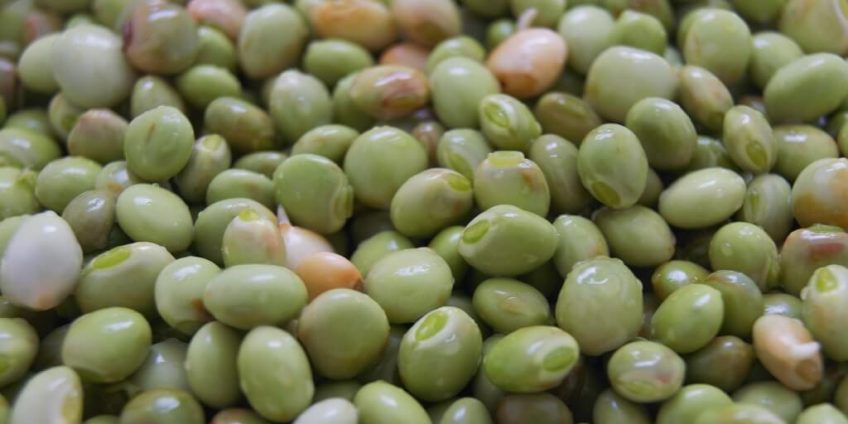Scroll to Recipes with Pigeon Pea / तूर दाल as ingredient
Pigeon pea is green in color, which, when dried and split, is known as split red gram, which is commonly known as Tur dal or tur. It’s the family of legume. One of the famous dal in Indian cuisine. Also, it contains a lot of protein and other nutrients. This is a perfect dal for vegetarians.
You can make many recipes from this like basic dal like usal, and tur dal rice as well.
Moreover, they are used in the Caribbean and African cooking, one of the healthiest meals. They contain a diverse blend of vitamins, minerals, protein, fiber, and antioxidants.
Commonly Known As
| Language | Name | Written As |
|---|---|---|
| Hindi | Tur daal | तूर दाल |
| Gujarati | Tuvar dal | તૂર દાળ |
| Marathi | Tur dal | तूर डाळ |
| Malayalam | Tur dal | ടൂർ ദാൽ |
| Tamil | Tur taḷam | டூர் தளம் |
| Arabic | Tawar dal | طور دال |
| Bengali | Tura dal | টুর ডাল |
| French | Pois d’Angole | Pois d’Angole |
Nutritional Profile of Pigeon Peas
Nutritional profile per 100 gms
- Calories: 343
- Protein: 22g
- Carbohydrate: 63g
- Fiber: 15g
- Fat: 1.5g
- Sodium: 17mg
- Potassium: 1.392mg
Source: USDA & Google
Health benefits
Control blood sugar level
One of the minerals found in pigeon pea is potassium. It is known to reduce blood vessels and lowers blood pressure. For people who are facing cardiovascular disease, or going through hypertension, pigeon pea can be the best option to regulate such problems.
Source: jamanetwork.com
Bodybuilding growth
They are a good source of protein that helps for body growth & development. Protein is important for healing and also regenerating cells throughout the body.
Source: link.springer.com
Helps prevent anemia
Pigeon peas contain folate that is very important for the body. Also, deficiency of the folate in the body clearly linked to anemia. So, adding them in the diet is very important to prevent such diseases.
Source: europepmc.org
Anti-inflammatory properties
Every part of the pigeon pea plant is used to cure inflammatory issues. Antioxidants and organic compounds reduce swelling and inflammation.
Source: pubs.rsc.org
Good for weight loss
They are very low in saturated fats and cholesterol. It makes you feel full and maintain your hunger unconscious for a longer time due to a good protein source.
Moreover, most of the nutrients in pigeon peas convert into energy rather than storable fat.
Source: eprints.conventuniversity.edu.ng
Best for the immune system
If you eat pigeon peas in raw form maintaining nutrients, the vitamin C content is high. If you want to boost your immune system, it stimulates blood cells and acts as an antioxidant in your body.
Source: academic.oup.com
Good for heart
The nutrient contained in them like potassium, & fiber is good for heart health. Potassium regulated blood pressure, fiber can balance cholesterol level.
Source: jamanetwork.com
Side effects
People who are allergic to beans can avoid the consumption of pigeon peas.
Frequently Asked Questions
Are green peas and pigeon peas the same?
No, both are different.
Are pigeon peas healthy?
Yes, they are a very healthy and good source of protein, fiber, and potassium.
Source: fdc.nal.usda.gov
What are pigeon peas used for?
Pigeon peas have many medical uses. It treats coughs, diarrhea, sores, and wounds.
Is pigeon pea a lentil?
Pigeon pea is a lentil and a very important pulse in Gujarati cuisine.
Do you need to soak pigeon peas?
Yes, at least soak for 6 hours to get the perfect taste.

